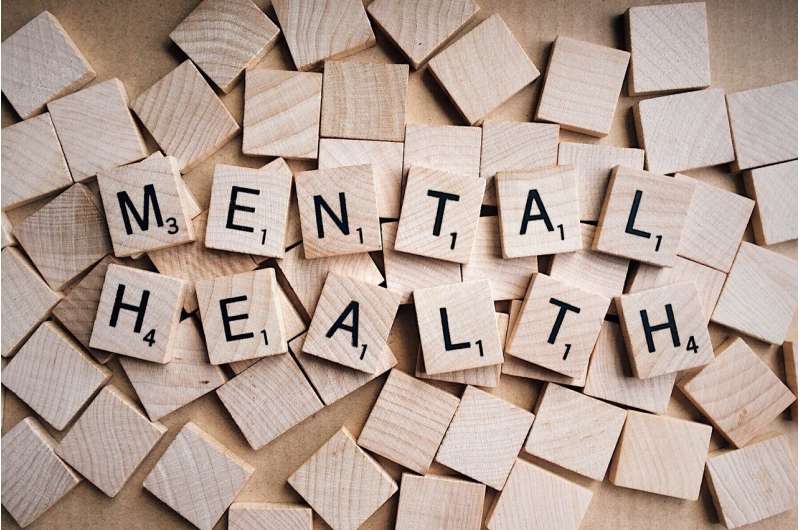The Power of Gratitude: Benefits and Practical Ways to Practice During Stressful Times

In today's high-stress world, cultivating gratitude can significantly improve mental well-being and resilience. Despite the abundance of advice and numerous gratitude journals available, many struggle to notice positive aspects of life, especially during challenging periods. Social psychologist Monica Y. Bartlett from Gonzaga University explains that gratitude is a positive emotion that arises when we recognize that others—be they friends, family, strangers, or even entities like the planet—have provided assistance or something of value.
Research over the past two decades highlights the health and relationship benefits of practicing gratitude regularly. It enhances overall well-being, happiness, relationship satisfaction, and even reduces depression. However, the inherent negativity bias—an evolutionary trait that makes negative information more attention-grabbing than positive—can make it difficult to notice kindnesses and beauty around us, leading to missed opportunities for gratitude.
Bartlett suggests two straightforward strategies to incorporate gratitude into daily life, especially during stressful times. The first is maintaining a gratitude journal or list, where you deliberately identify positive outcomes involving others, no matter how small. This habit helps make positive events more visible and memorable, counteracting the tendency to focus on negative news, such as financial worries or political upheaval.
The second approach involves expressing gratitude directly to others. Writing a gratitude letter to someone who has positively impacted your life can foster meaningful interactions and strengthen social bonds. When students write to mentors or mentors are acknowledged in letters, the resulting exchanges often move both parties deeply.
In sum, cultivating gratitude is a simple yet powerful tool for enhancing emotional resilience, especially during difficult times. Recognizing and appreciating the good around us not only boosts our own mental health but also spreads positivity to those we thank. As Bartlett notes, even in bleak circumstances, small acts of gratitude can foster hope and connection.
This article is adapted from research and insights by Monica Y. Bartlett, shared with permission from The Conversation.
Source: https://medicalxpress.com/news/2025-04-gratitude-benefits-social-psychologist-stressful.html
Stay Updated with Mia's Feed
Get the latest health & wellness insights delivered straight to your inbox.
Related Articles
Young Teens' Perception of Tobacco as a Stress-Relief Tool Often Outweighs Health Risks
Many adolescents see tobacco and vape products as helpful tools for managing emotional stress, often undervaluing the associated health risks, highlighting the need for integrated mental health and prevention strategies.
'Virtual' social interaction significantly reduces isolation in older adults with dementia
Virtual group sessions significantly reduce social isolation in older adults with dementia, enhancing engagement and wellbeing through innovative group dynamics and facilitator strategies.
Why Young Men Are Calling Ambulances for Anxiety Mimicking Heart Attacks
Many young men experience severe anxiety symptoms that mimic heart attacks, leading emergency ambulance calls. This highlights the urgent need for better awareness, early intervention, and supportive mental health resources tailored for men.



